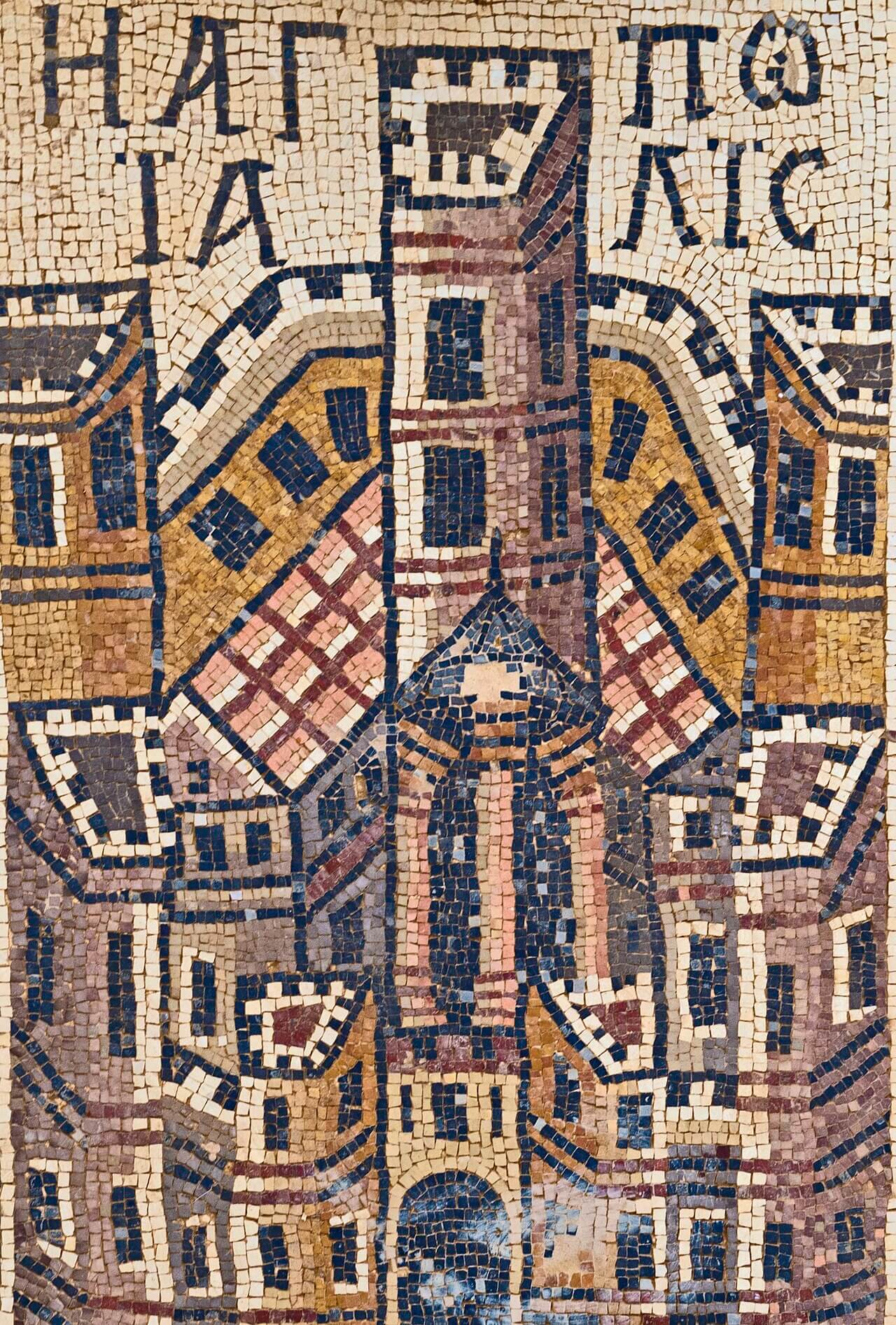8 V 2025 Stephen Shoemaker (University of Oregon): Religious Literacy in the Late Ancient Near East: Liturgical Catechesis and Not-So-Simple Believers of Roman Arabia

Recent scholarship on late antique Near Eastern religious culture has rightly brought renewed attention to questions of literacy. It is well established that most Christians—and others—in the region were functionally illiterate and had limited access to written texts, even as listeners. Yet it does not follow that they were theologically illiterate. This article challenges a common assumption that Christians in the rural villages of Roman Arabia were mere “simple believers,” poorly catechized and largely disinterested in doctrine. On the contrary, I argue that these believers were likely more informed and engaged in their faith than is often assumed. By moving beyond the traditional focus on patristic and hagiographical sources, this study explores new avenues that can perhaps shed new light on Christian religious life in the late ancient countryside.
The archaeology of Roman Arabia reveals an extraordinary density of churches in small agrarian settlements, suggesting that villagers valued and were invested in Christian worship to a degree suggesting more than ignorance or indifference. Many sites, such as Umm el-Jimal, featured numerous sanctuaries for a population of only a few thousand, suggesting robust participation in Christian worship and deep communal investment in religious life. Likewise, liturgical texts and hymns offer insight into the forms of catechesis these believers received in the context of worship, highlighting the doctrinal formation developed through ritual practice rather than written instruction. Situating these findings within broader conversations about “lived religion,” the article argues that theological formation in these communities was rooted in embodied and participatory practices. The result is a more dynamic portrait of Near Eastern Christianity at the end of antiquity, in which even the unlettered emerge as active, committed, and doctrinally aware participants in the Christian tradition.
